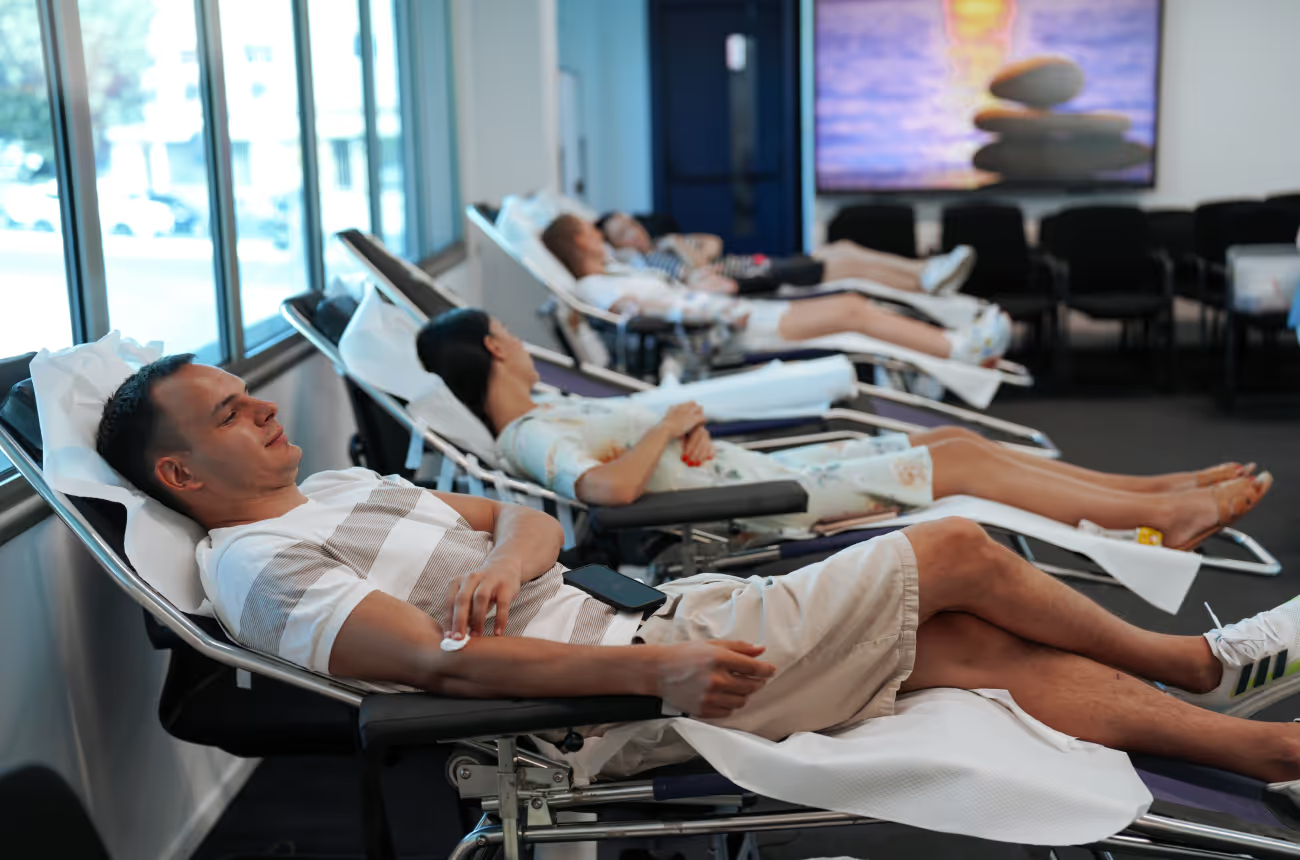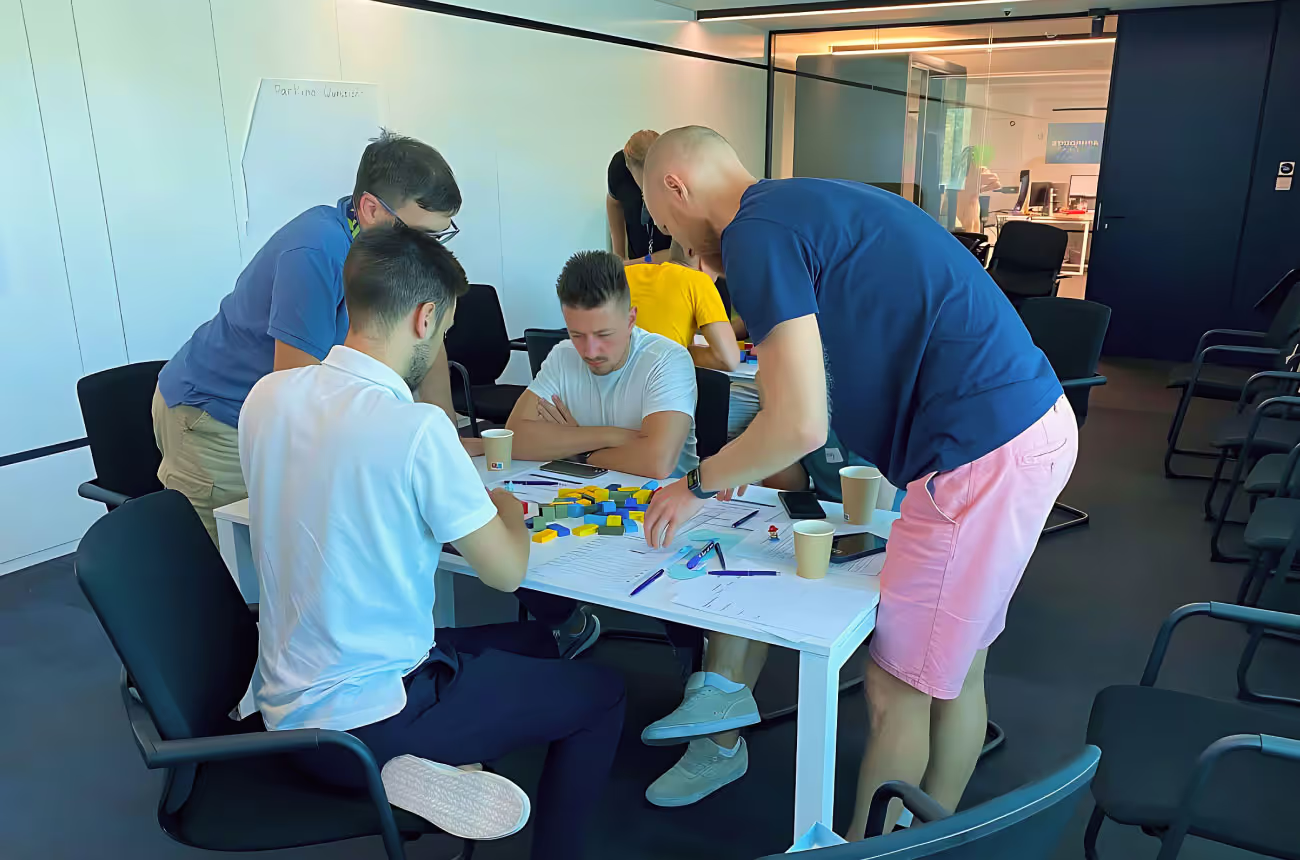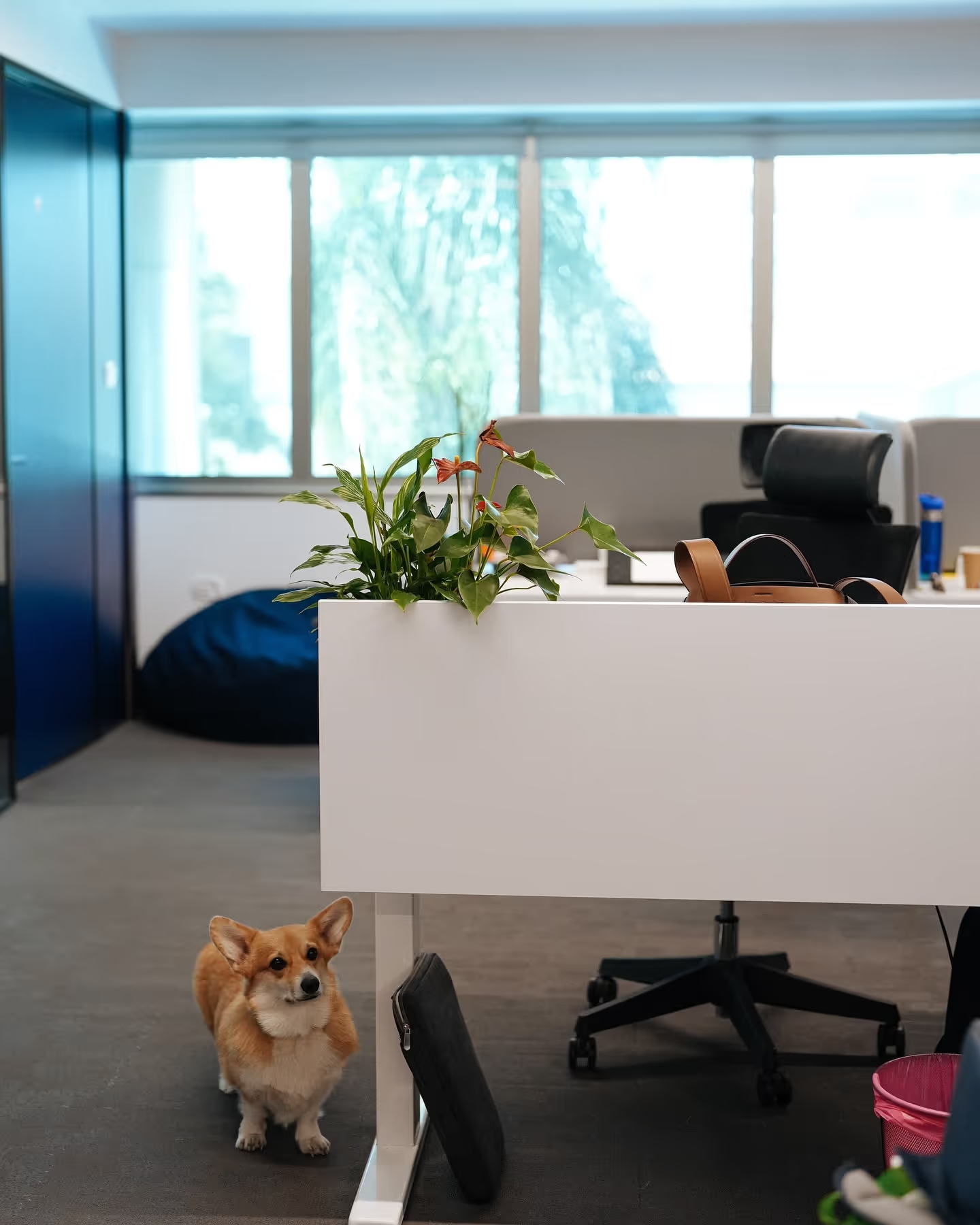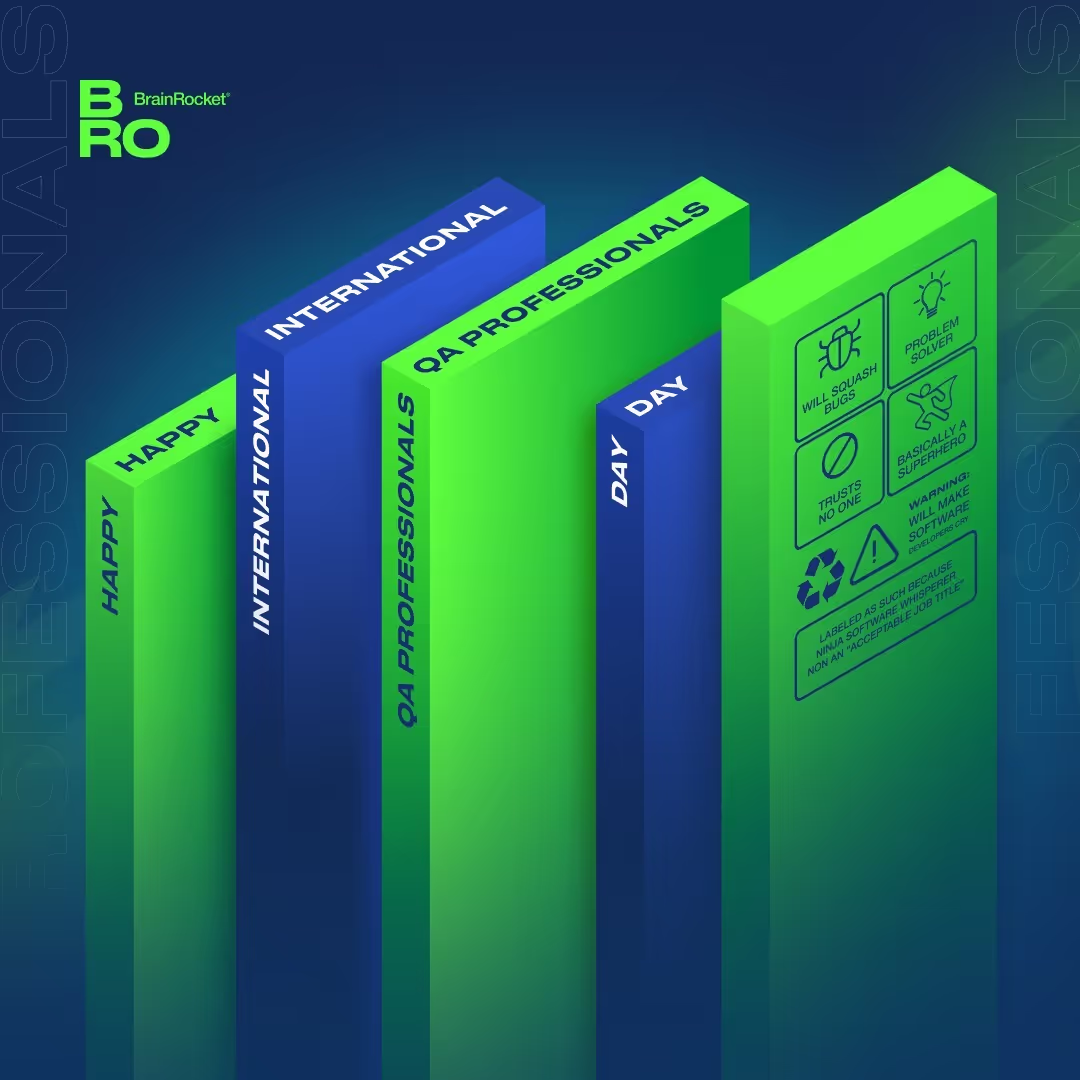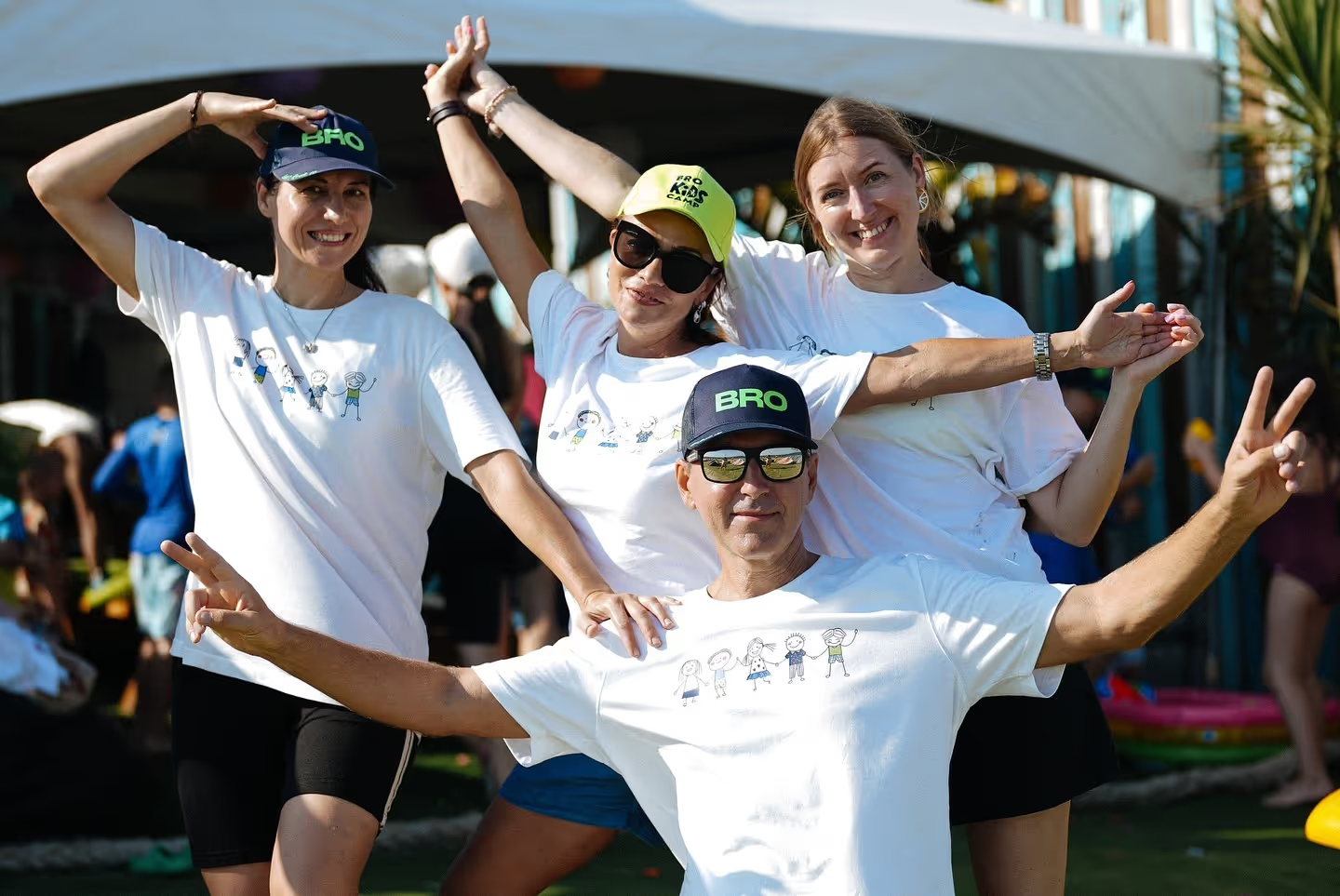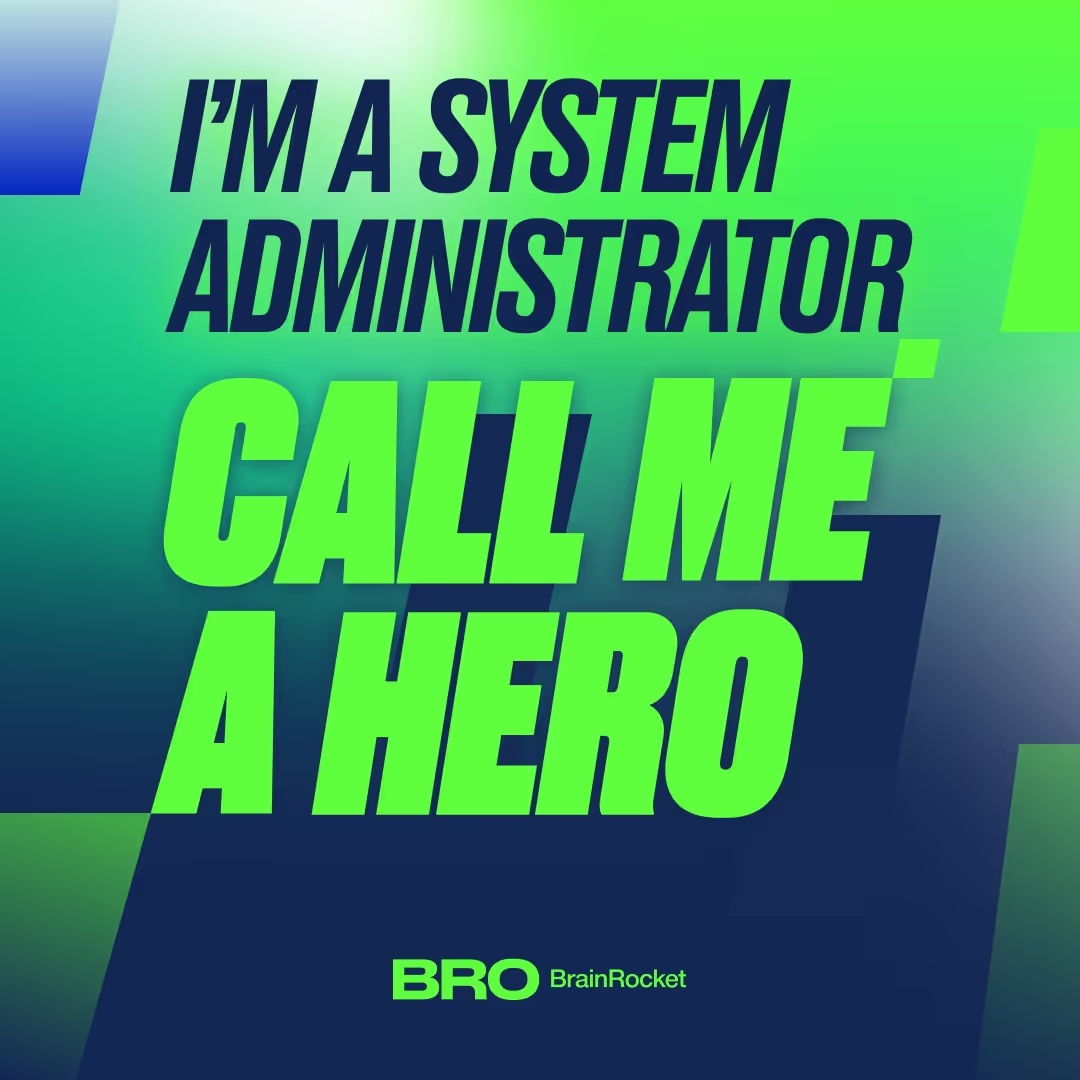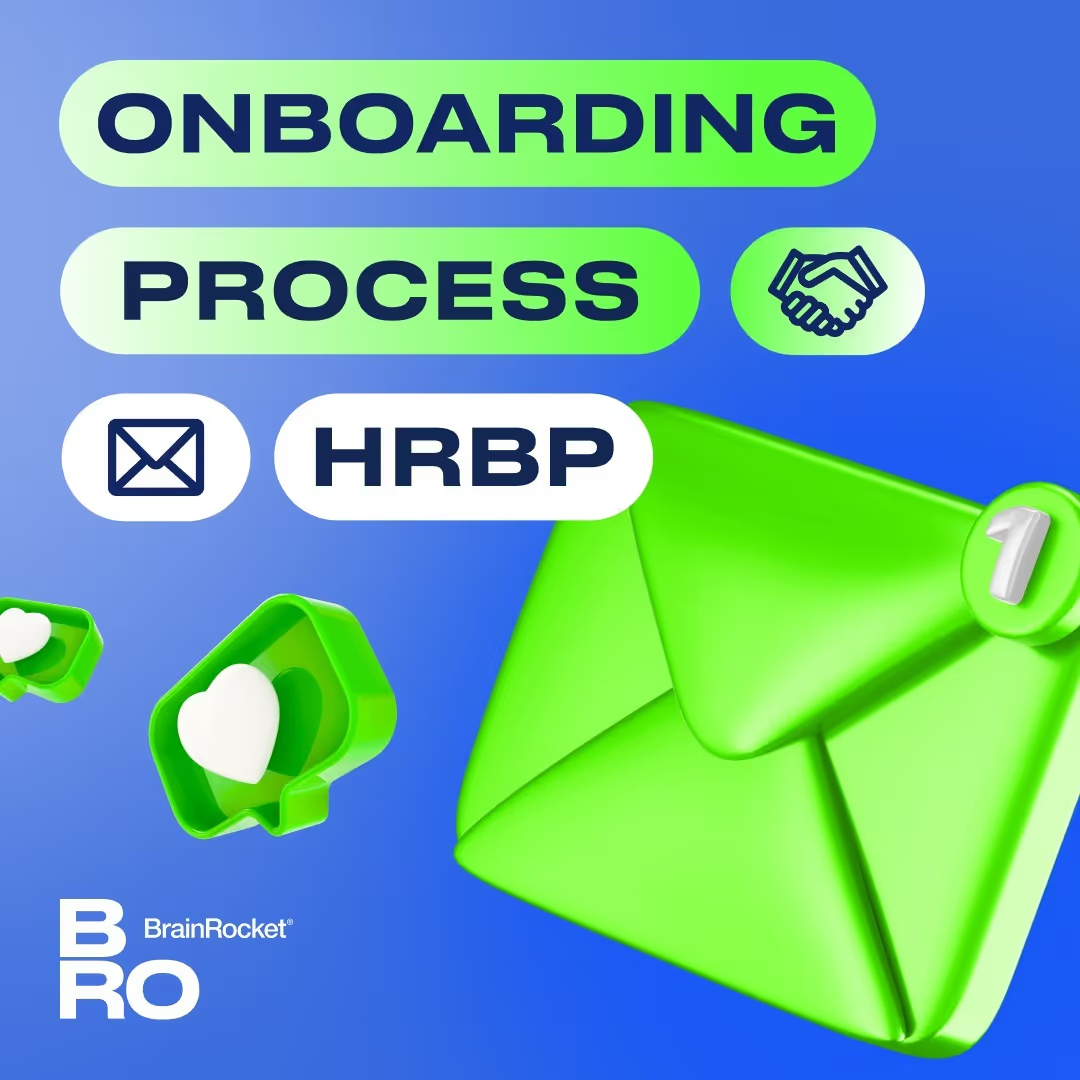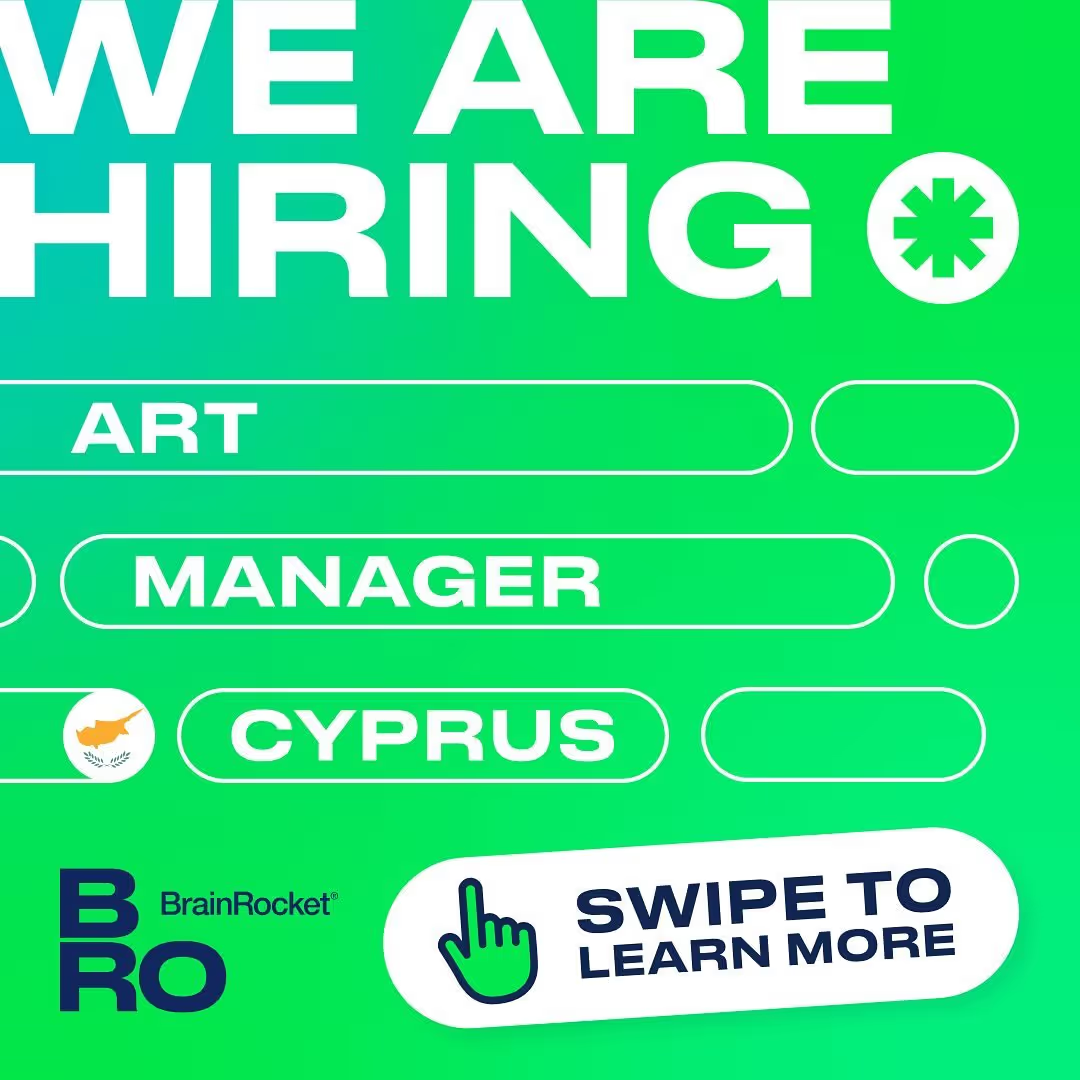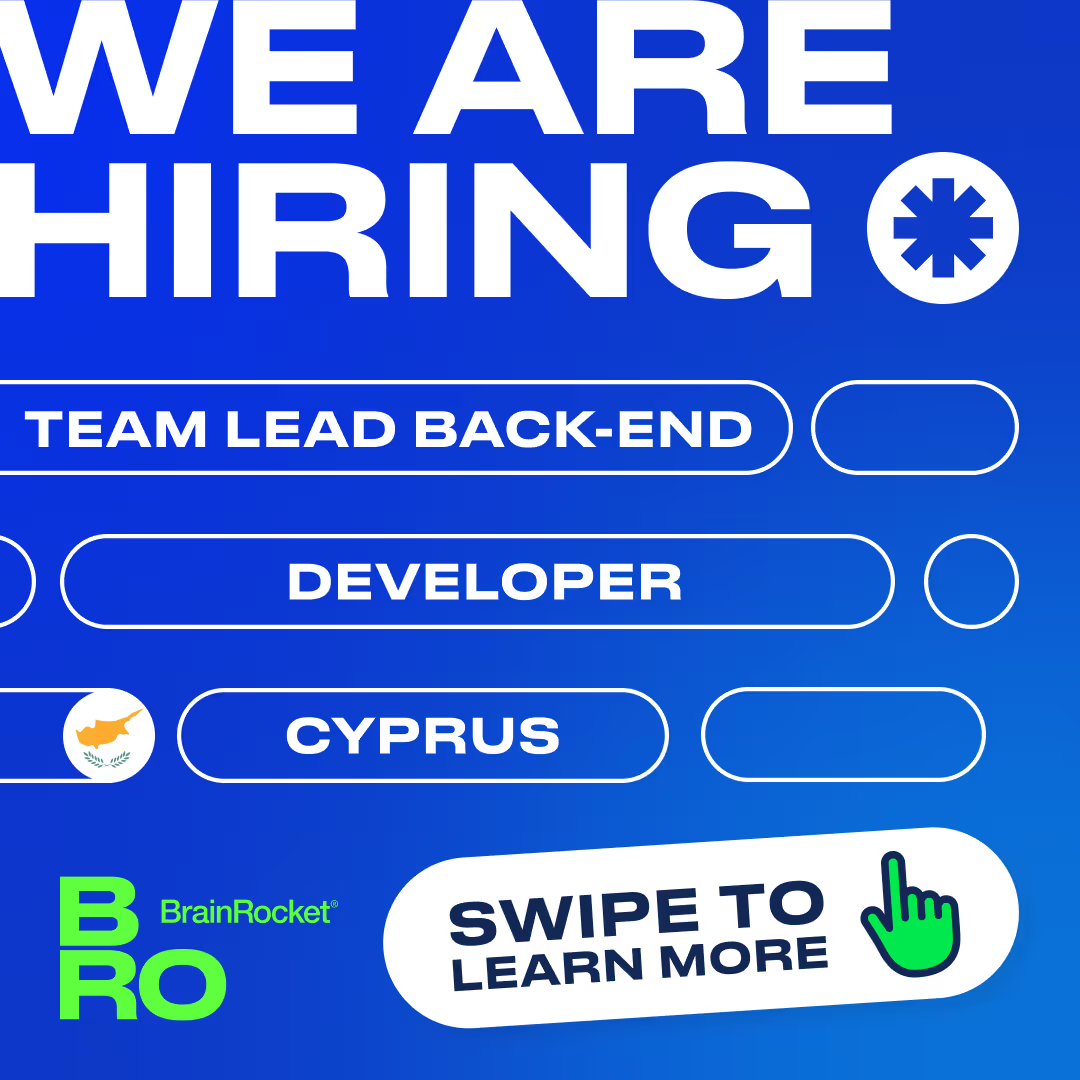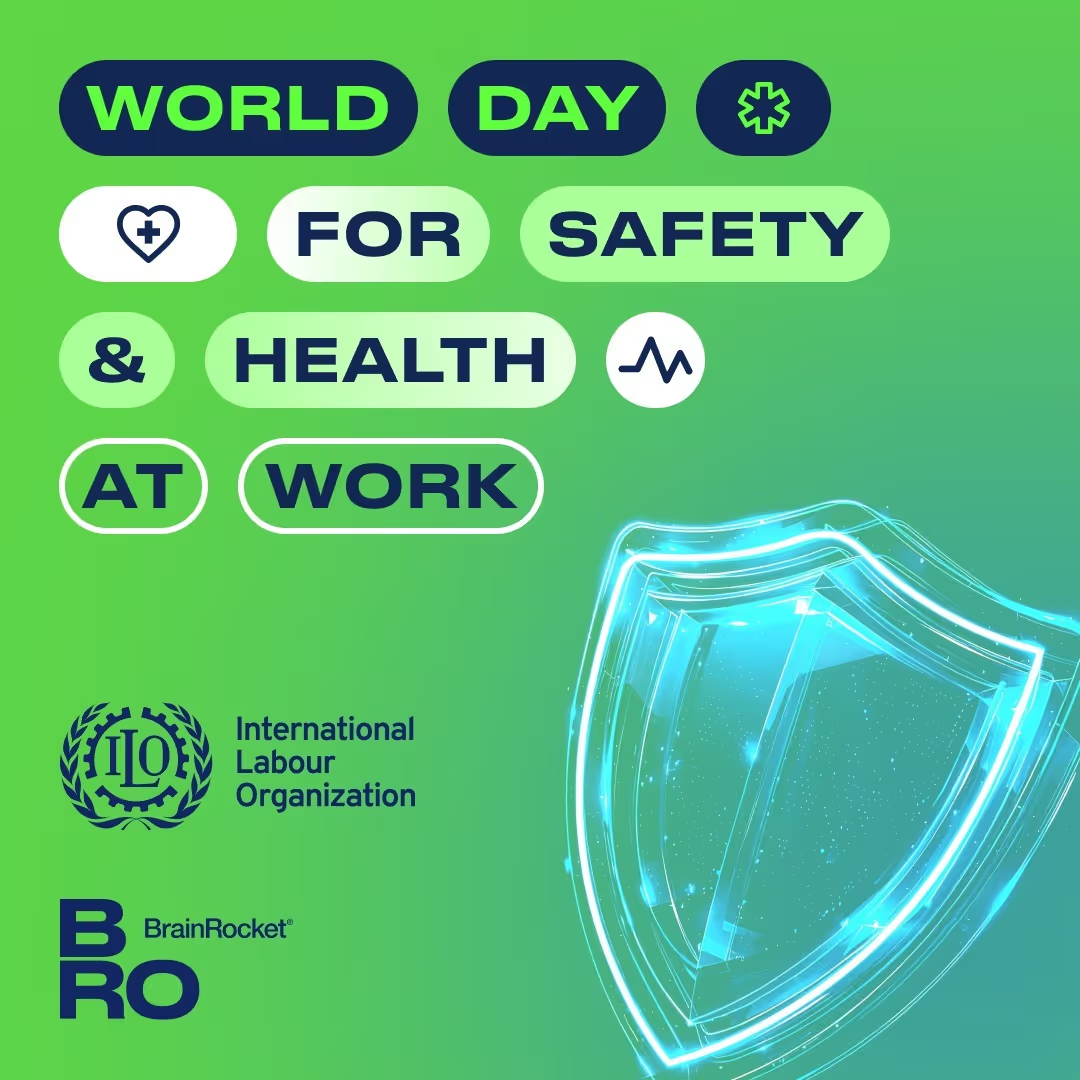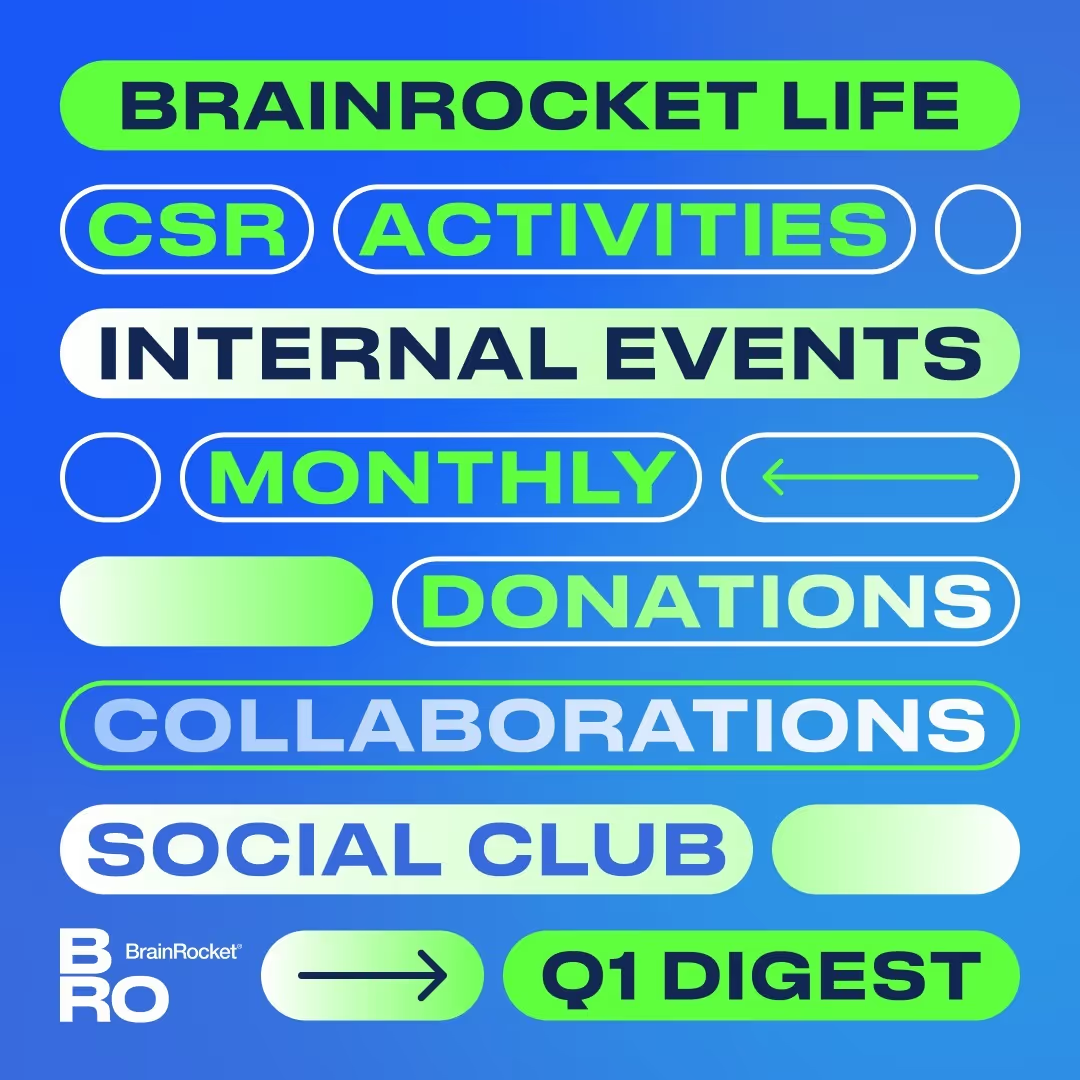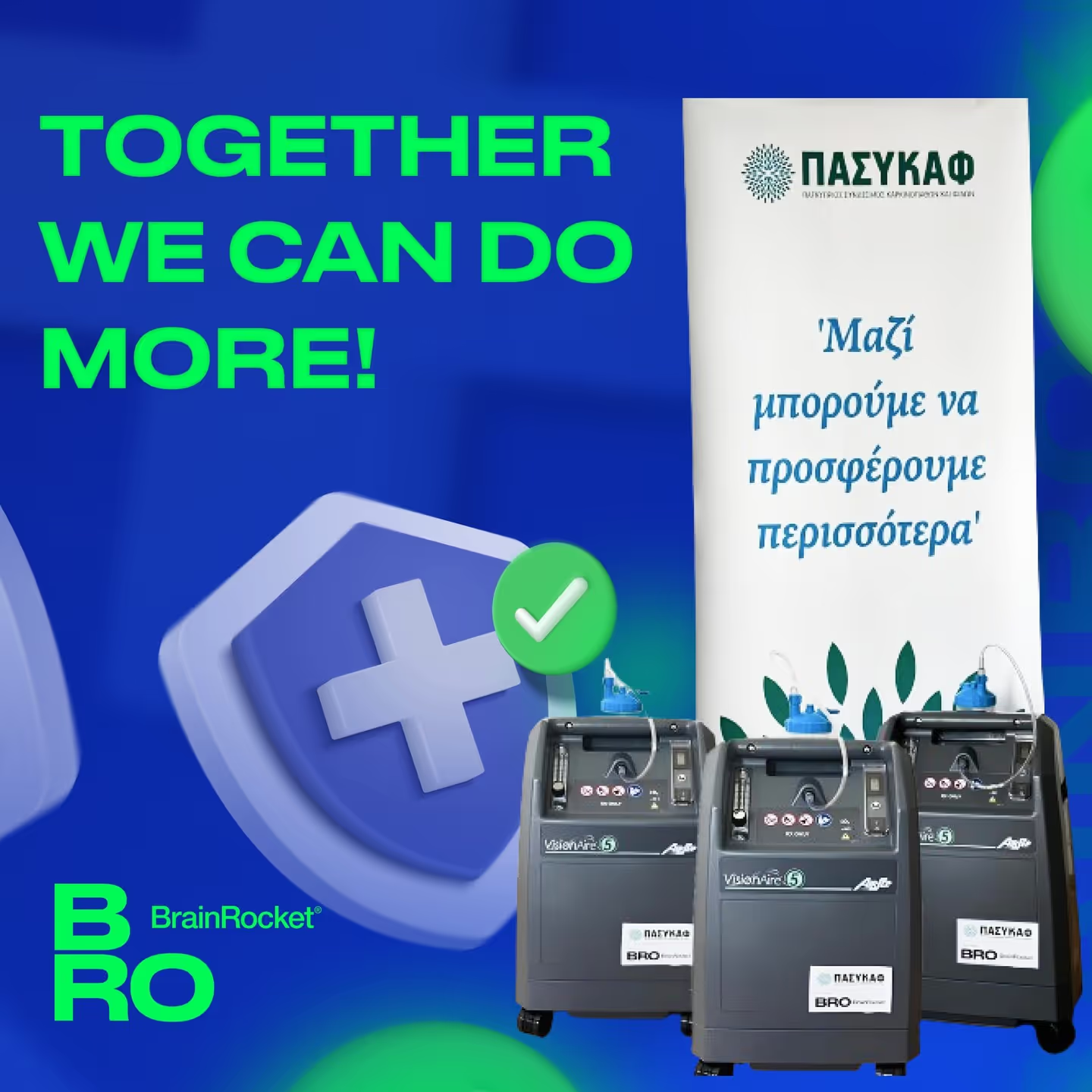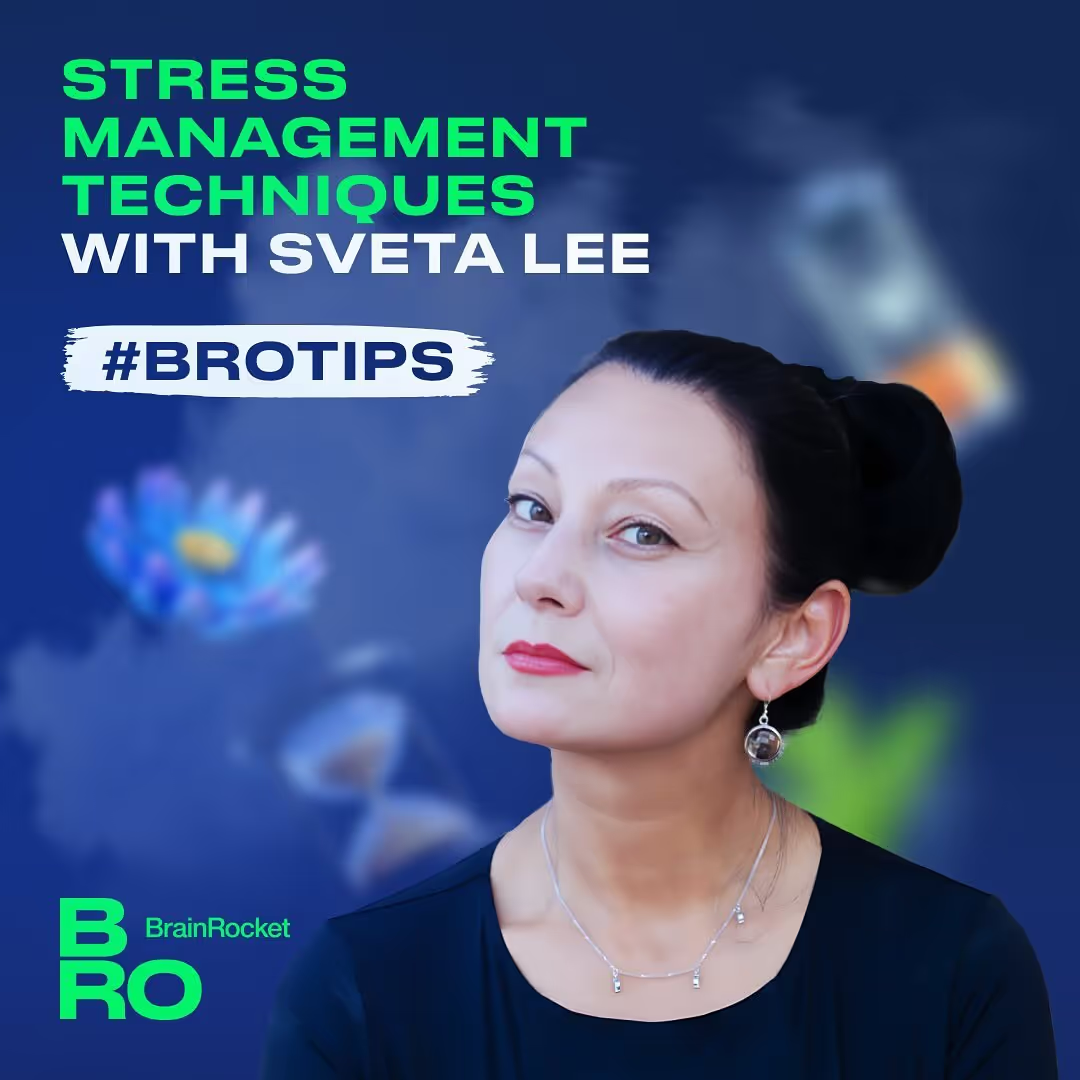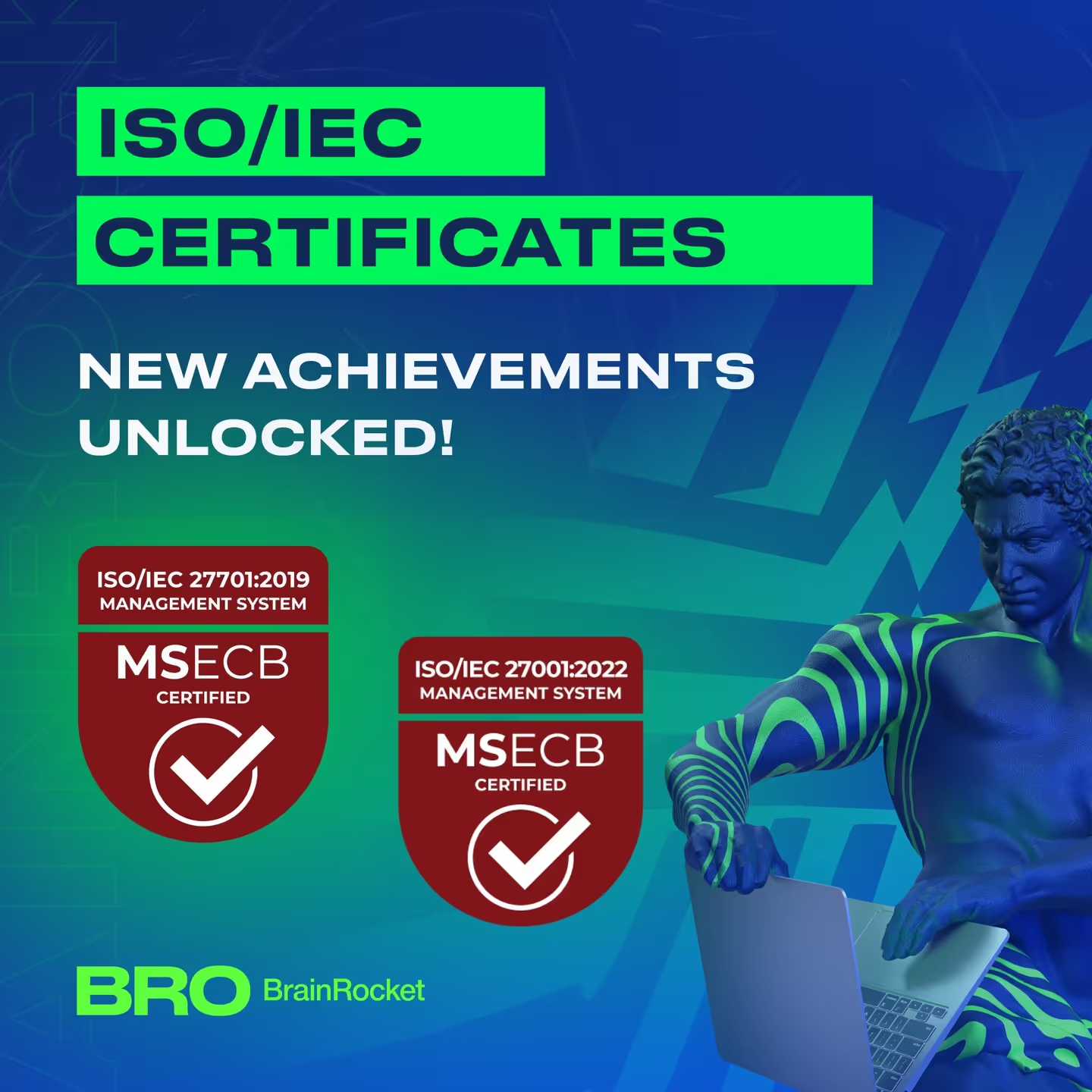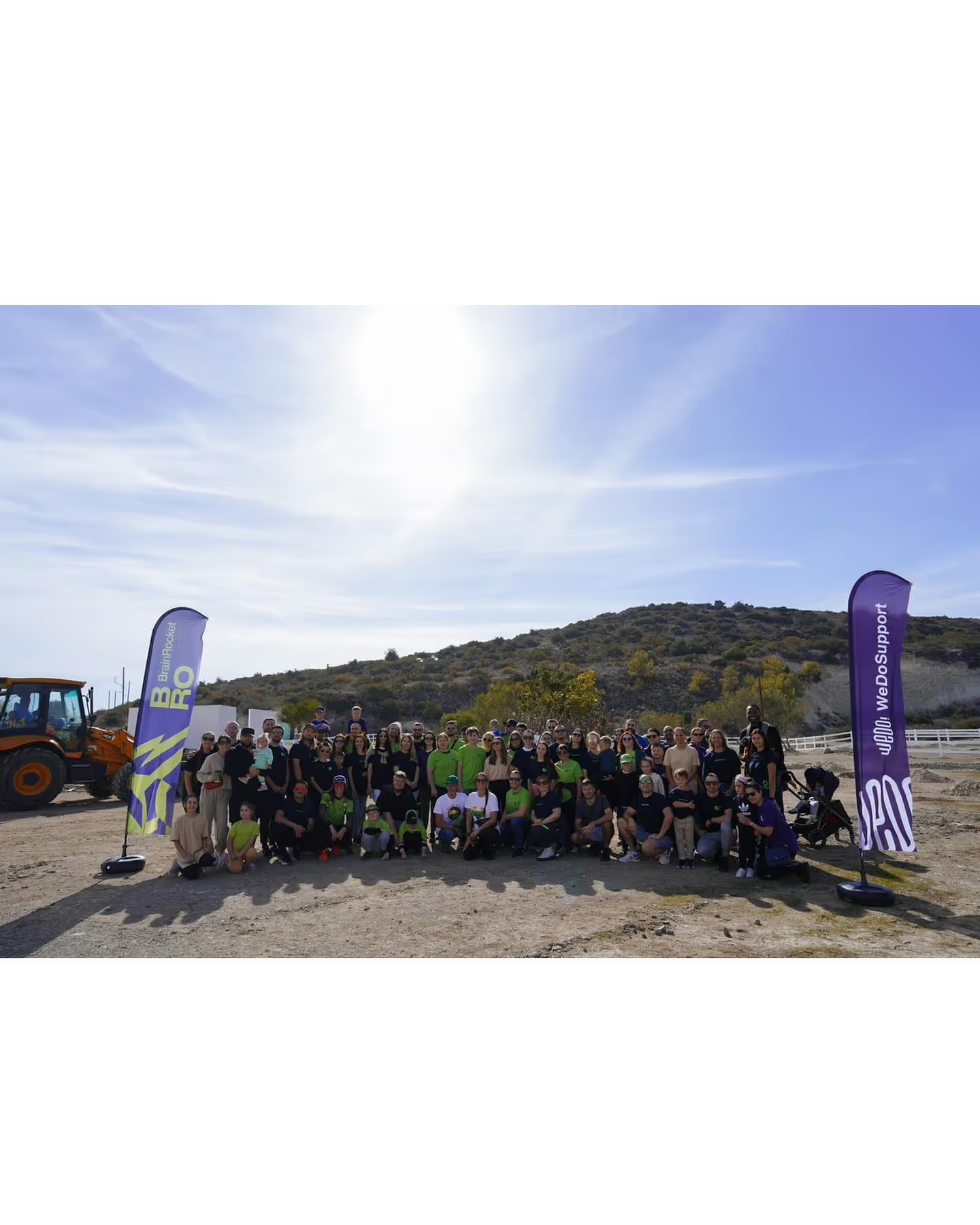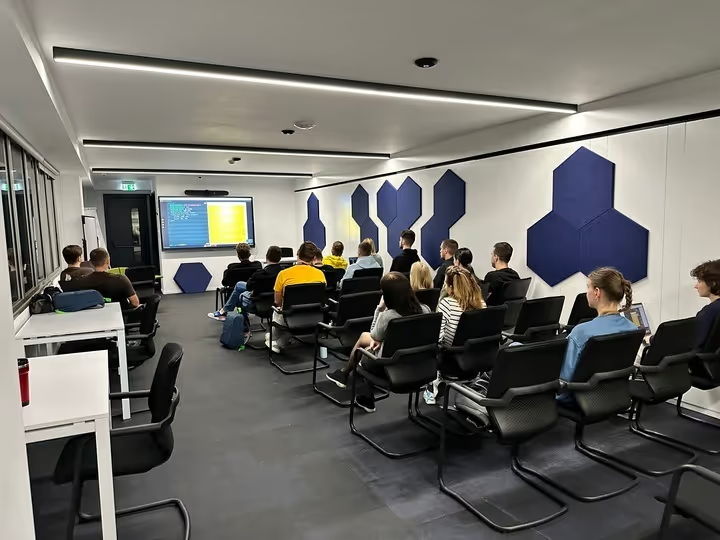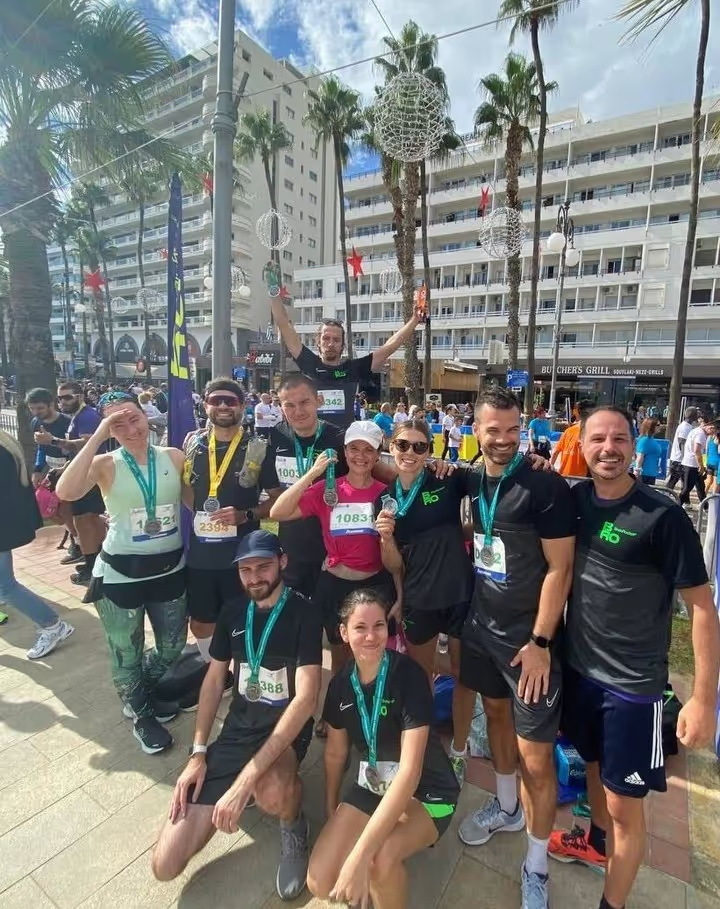If you feel exhausted, incapacitated, lacking focus, or unmotivated and isolated from colleagues, then you may have been emotionally burned out.
We are used to thinking that burnout comes from overworking or not resting enough. And so, we take a vacation, but it doesn’t get any easier. Why? Let’s figure it out together.
The term “burnout” is very symbolic: a person who is originally “burning” can burn out - first, with ambitions or ideals. Their loss, besides failing to retrieve energy, points them to a state of emptiness and emotional exhaustion.
Svetlana Mytrofanova, BrainRocket’s Psychologist, is sharing some useful life hacks to avoid burning out at work.
Step 1 - Acknowledge the problem because that is already half of the solution. If you are lucky to have a supportive team leader, such as those in BrainRocket, then you can always talk about the situation you are facing. You can also reach out to the HR specialist or the company psychologist. Discussing together what is bothering you will help you find a solution.
Step 2 - Self-reflection. Start journaling and writing down the emotions you feel in connection with certain tasks that need to be completed. Keep it simple, just like your calendar. Also, record events, related feelings, and emotions to track what is causing the malnutrition. Accordingly, take preventive action.
Step 3 - Prioritize. You decide in what sequence and how much time you will devote to each task. Train your expertise, develop professional self-confidence. This way, you will learn to consciously manage your performance and combine your schedule based on understanding the results of the previous step.
Step 4 - Switch off. Take a 10-minute break each hour, get out of the workplace, drink some water, do breathing exercises, and do a short physical workout. Think about what is most important to you, and include it in your schedule.
Step 5 - Support the others. Your colleagues are probably facing the same difficulties. By supporting them, we also support ourselves. By explaining professional issues to others, we come to a better understanding of our professional competence. The questions you can hear will develop you. Your self-esteem will grow. And the involvement in the work will only increase.
Step 6 - Bring creativity to your workflow. That is essential because creativity is the main thing that distinguishes us from animals. And getting creative with every challenge you plan to accomplish will give you energy, confidence, and a sense of control over your life. Take different routes, complete tasks differently, experiment, and add variety to your personal and professional life.
Step 7 - Set a new goal and define an extra round of your development. Something ahead should inspire and drive you to achieve your ambitions. I often ask my favorite question: "Of the potential inherent in you, of all the possibilities given to you, how much percentage of your potential do you use?" No one has ever answered me that it was 100%. What would your answer be? When you ask yourself that, remember to believe in the infinite potential. The only limitations are those we set upon ourselves.
Small self-care actions like these described above can prevent stress from becoming something more severe, such as burnout. So, even if you’re working extended hours, try to sprinkle some delight into every day.
Get creative with every challenge you plan to accomplish, take different routes, complete tasks differently, experiment, and add variety to your personal and professional life. After all, a job turns into something more than just a paycheck when pleasurable, encouraging, and stimulating.
7 Simple Steps to Identify and Prevent Burnout

Pull left
Pull left
Pull left











